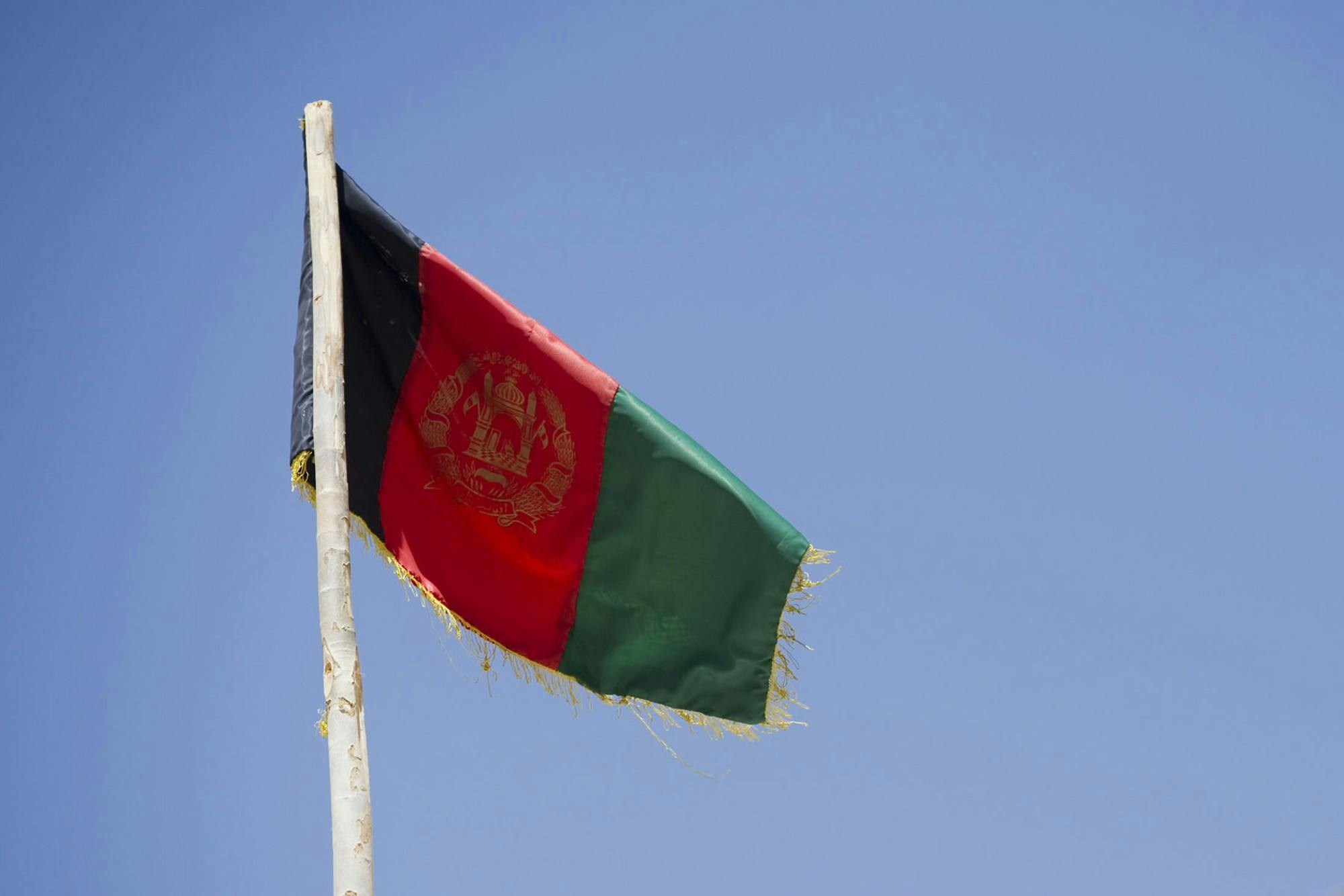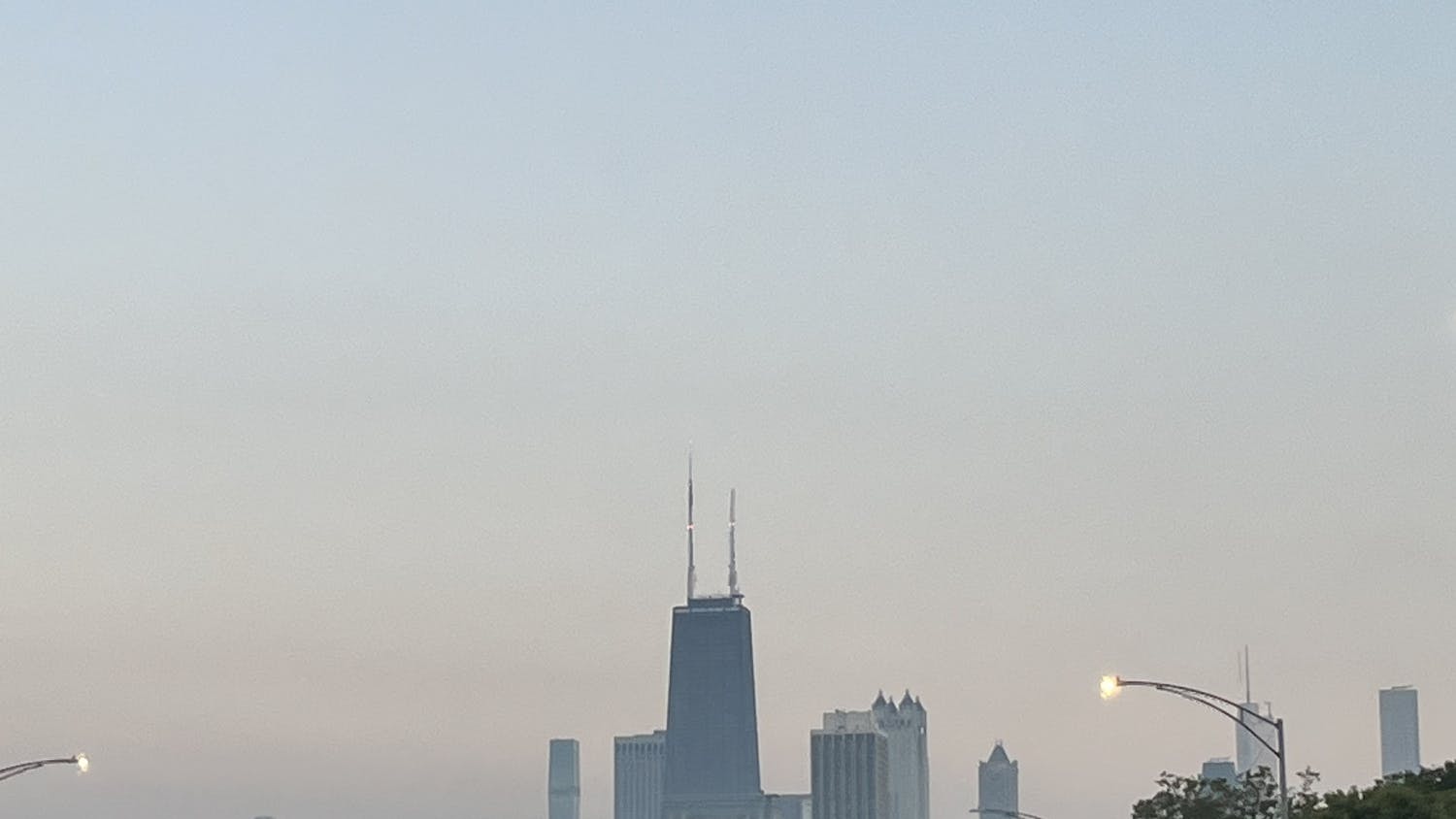Four months after the U.S. officially concluded its military withdrawal from Afghanistan, more than 50,000 refugees have been evacuated from the country and resettled in communities across the U.S., including the Upper Valley. Local community members have been providing support to help Afghan refugees settle down and welcoming them to their new homes.
260 Afghans are expected to arrive in Vermont by the end of February according to VTDigger, and 50 have arrived in New Hampshire already, New Hampshire Public Radio reports. Many Afghans arriving in New Hampshire have come to the U.S. through a process called humanitarian parole, allowing them to access most services available to refugees but requiring that they achieve asylum to become long-term residents or citizens.
Martha Tecca, president of Community Care of Lyme, a community health organization, said that last year her group started to work in the Upper Valley to create a “Welcome Fund” for displaced Afghan families and individuals.
“My focus has been to welcome as many people as possible and share the tremendous resources that we have here in the Upper Valley,” Tecca said. “Right now, we’re anticipating a family of 10 and a related family of nine sometime in the next several weeks.”
According to Tecca, two main hurdles exist in the resettlement process — getting Afghans to America and working with federal resettlement agencies to facilitate relocation. Tecca added that federal agencies work with state partners — in New Hampshire, the two state partners are the Ascentria Care Alliance and the International Institute of New England — to help refugees settle in the U.S.
“These agencies help communities understand how to create the full set of resources to help a displaced family access all of the benefits that they may be eligible for,” Tecca said.
Tecca added that the tight housing market in the Upper Valley presents a challenge in finding accommodations for refugees, but collaboration between organizations in Vermont, New Hampshire and Massachusetts has lessened the strain.
“The centers can work with and support families that may be housed or working on either side of the border,” Tecca said.
Tecca said that Afghans coming to the Upper Valley have the ability to get work permits and green cards, which give them longer-term work capabilities.
“Even though they don’t necessarily have longer term immigration status, many of them are able to get a Social Security number and work, which, in the Upper Valley — where the workforce is such a challenge — is actually really encouraging,” Tecca said. She added that the Dartmouth-Hitchcock Medical Center has been an “eager” employer for displaced Afghans.
Economics professor Charles Wheelan, who has advocated for bringing undergraduate and graduate students from Afghanistan to Dartmouth, emphasized the importance of welcoming more Afghans into the Upper Valley community.
“To the extent that there’s a center of gravity for people who are coming to a place that is alien, having more people who can connect, support each other and share means more is better.” Wheelan said. He added that Americans have a “moral responsibility” for Afghans.
Wheelan said that the high number of highly educated Afghans — particularly women — as well as Afghans who put themselves at risk trying to support the United States heighten the U.S. responsibility for ensuring their safety.
In an email statement, senior associate director of the admissions office Anna Dechert said that the College is working with the Yalda Hakim Foundation — an NGO that works to support Afghan students — to bring Afghan students to campus.
“From my perspective, it’s been incredible to have a leadership team in admissions and at the College who also saw the amazing value of welcoming these students into our classrooms,” Dechert wrote. “Faculty, leadership, staff, and alumni came together to instead say, ‘How can we make this work?’”
Dechert added that many Afghans come to the College as “special students,” meaning they are not formally matriculated but take classes and earn Dartmouth credits, which allows these students more flexibility and time to submit a formal application in the future if desired.
Behishta Sadaat, who worked as a program analyst at the United Nations Entity for Gender Equality and the Empowerment of Women in Afghanistan, came to the U.S. last August and is now enrolled in Dartmouth’s Master of Arts in Liberal Studies program. Sadaat previously attended the American University of Afghanistan and survived the 2016 Taliban attack against the institution.
Sadaat said she checks the news at home frequently. She described the current conditions in Afghanistan as “getting worse and worse every day” amid poverty, a cold winter, unemployment and women being unable to work or go to school.
“I am not hopeful about the future of Afghanistan,” Saadat said.
However, she added, she is confident that New Hampshire will be a safe refuge.
“I have that grief still, leaving everything behind, but everybody gave me the feeling that [the Upper Valley] is like home,” Saadat said. “We feel supported, loved and respected — I’m confident that when people come here from Afghanistan, they all feel the same.”





